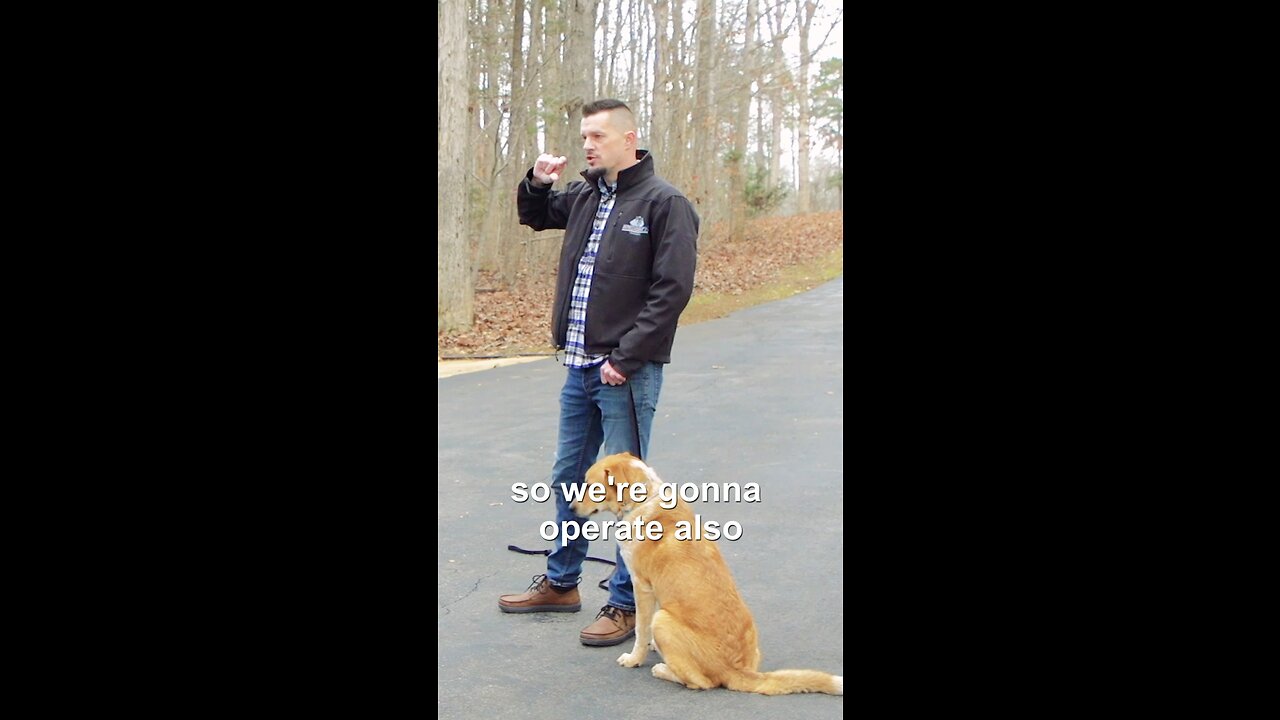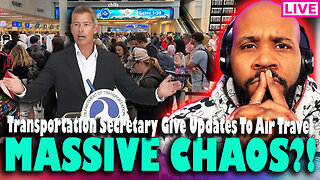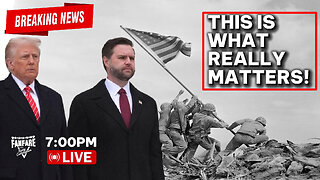Premium Only Content

Why does my dog not “come” when called?
Think about real world off leash where your dog is at the park or on a trail and they are having fun doing their thing and not paying attention to you. If you haven’t trained it yet, your recall may not be as reliable as you’d like it and your dog may ignore you when calling him.
When doing the recall, the hope for dog owners is that their dog will stop what they are doing and come back. For us, we are training so that the previously referred to “hope” becomes a certainty. How else would you be able to ensure off-leash safety?
To ensure certainty when off-leash, the dog is trained to respond to the guidance of their owner coupled with an ecollar. But before getting to ecollar, every owner is coached in basic leashwork.
Leashwork is the quickest way for owners to begin shifting their dogs perception if they have yet to build ecollar skills. It’s very easy and intuitive for owners to begin with proper leash handling skills relative to ecollar. Ecollar takes a weee bit more skill and take a little time to learn.
Practicing recalls where the dog is ready and motivated to come to you doesn’t really help with reliability when the dog is not motivated. We practice the recalls organically as possible as it relates to how a dog would be distracted when doing the recall.
The dog needs to learn what the accountability is like so we let the “leash tap” do its job in allowing the dog to grasp the concept. Dog has to stop what they are doing and respond.
Accountability in the form of physical guidance is the only way to get a response “when/if” the dog chooses to ignore the owner; and a lot of dogs have a daily habit of ignoring owners, something that leads to decreased quality of life due to owner frustration and worry.
Accountability done right helps to shift the perception of the dog and how they regard their owner; the owner becomes more believable to their dog. With consistent practice the dog sees himself responding more consistently, even if he doesn’t want to, and his better response will create a better habit, and much more respect for the individual facilitating the whole thing, the dog’s owner.
-
 2:55:50
2:55:50
The Pascal Show
13 hours ago $1.18 earnedMASSIVE CHAOS?! Transportation Secretary Hold Presser On Air Travel & More
13.1K2 -
 1:06:35
1:06:35
TruthStream with Joe and Scott
1 day agoZero Limits Round Table with Joe Vitale, Lisa Schermerhorn and more of the cast!
19.9K1 -
 LIVE
LIVE
Lofi Girl
2 years agoSynthwave Radio 🌌 - beats to chill/game to
216 watching -
 7:40
7:40
Blabbering Collector
15 hours agoLEAKED: Draco Malfoy, Hooch, Neville Longbottom! | Harry Potter HBO Show Update, Wizarding News
25.2K2 -
 3:06:35
3:06:35
Badlands Media
18 hours agoDEFCON ZERQ Ep. 017: Tesla Tech, Ancient Power & The Fight for Human Consciousness
245K66 -
 3:11:56
3:11:56
TimcastIRL
10 hours agoDOJ Launches FULL INVESTIGATION Into TPUSA Antifa RIOT, Media Says Mostly Peaceful | Timcast IRL
276K111 -
 3:16:27
3:16:27
Barry Cunningham
14 hours agoBREAKING NEWS: SOLVING THE HOUSING CRISIS BY UNDERSTANDING VETERANS DAY! AND IT'S MOVIE NIGHT!
90.3K35 -
 8:58:17
8:58:17
SpartakusLIVE
12 hours agoWZ Solos to Start || NEW Battlefield 6 - REDSEC Update Later
31.9K1 -
 1:01:56
1:01:56
ThisIsDeLaCruz
20 hours ago $14.29 earnedInside Kenny Chesney’s Sphere Part 1: Exclusive Backstage Pass
44.2K2 -
 2:09:50
2:09:50
DLDAfterDark
10 hours ago $5.23 earnedA Complete Look Into The Glock "V Series"! Pistol In Hand! VERY GAY!!
27K2